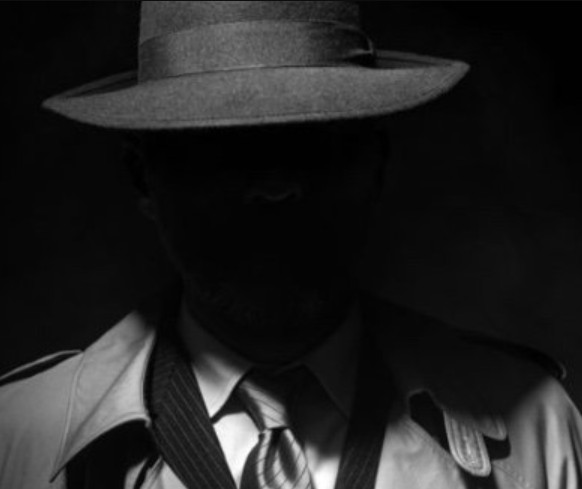
Patrick L. Hearne
Childhood
Born in Waterford, Ireland, Hearne came from a respected family—his father was a solicitor, and his siblings held distinguished positions, including a British Army colonel and a nun. After earning a Bachelor of Arts from Trinity College Dublin, Hearne moved to Canada seeking legal work but struggled to find employment.
Penniless, he traveled to New York City, where a chance encounter with an old friend led him to New Orleans. After walking hundreds of miles to the Mississippi River, he secured passage on a riverboat by promising future payment. In New Orleans, he initially worked in a law firm but was later dismissed.
Career
After losing his legal job, Hearne entered the gambling world, taking an accounting position at a major casino. His charm, education, and wit made him popular among wealthy patrons. He later opened his gambling bank in Louisville, Kentucky, before returning to New York.
In the 1830s, Hearne and Henry Colton introduced "first-class" casinos to New York, transforming the city into the nation’s gambling capital. His most famous establishment, located near the Metropolitan Hotel on lower Broadway, reportedly earned him 15,000–20,000 per night.
Hearne’s flamboyant style—wearing bright lemon-colored gloves, flashy scarves, and extravagant jewelry—made him a recognizable Broadway figure. However, his love for gambling led to financial losses, and legal troubles eventually forced him to close his casino.
Personal life
Hearne married and adopted two daughters, living quietly at No. 6 Clinton Place after retiring. He died on July 4, 1859, after suffering a brain paralysis attack. He was buried at Greenwood Cemetery in a private ceremony.
Revenue
At his peak, Hearne’s Broadway casino was immensely profitable, though his gambling habits sometimes cost him his earnings. Despite his financial ups and downs, he remained a key figure in New York’s gambling economy.
Interesting facts
Hearne once purchased John Jacob Astor’s old mansion, which later became an opera house.
He was known for his extravagant fashion, including bright gloves and flashy accessories.
Theologian Henry James Sr. called him the "barracuda of New York gamblers" after his brother incurred debts at Hearne’s casino.
Legacy
Hearne helped establish New York as a gambling hub, influencing future casino operators like John Morrissey. Though his career ended amid legal crackdowns, his impact on 19th-century gambling culture remains significant.
Frequently asked Questions
Hearne was among the first to open high-end casinos in New York City, making him a legendary figure in 19th-century gambling.
Increasing legal crackdowns on gambling in the 1850s forced him to shut down.
Yes, theologian Henry James Sr. publicly condemned him in anti-gambling articles.
He was buried at Greenwood Cemetery in Brooklyn.











